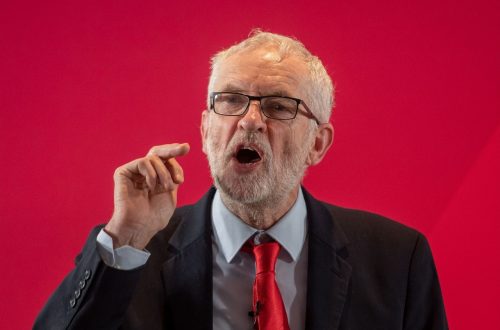The Muslim Educational Centre of Oxford is putting on a conference on the “hijab, jilbab and niqab” at Wolfson College next weekend. Topics include a discussion of “valid alternatives to Wahhabi, Salafi, Deobandi, Ikhwani etc. perspectives”.
You will remember MECO’s Dr Taj Hargey as the man who offered to contribute to the Bucks school’s legal expenses, in resisting a father’s attempt to compel them to permit his daughter to wear the niqab in class. He also proposed organising “a campaign among Muslims nationally to resist “this largely Saudi-driven campaign to make the niqab a compulsory requirement for Muslim women”.
How very different this conference is from the 2004 Qaradawi-fest, hosted by London Mayor, Ken Livingstone and organised by the MAB/Muslim Brotherhood “to defend the Muslim women’s right to wear the headscarf”
And what a very different approach MECO is taking from the Muslim Council of Britain, who advised schools last month that the hijab was a requirement of Islam:
In public boys should always be covered between the navel and knee and girls should be covered except for their hands and faces, a concept known as ‘hijab’.
Let’s make no mistake about this. Adult women should have the right to decide how to dress. If they decide that they wish to follow a religious tradition that requires them to veil themselves – or indeed, to wear a “a vicious spiked chain designed for self-torture” – then that should be accorded appropriate respect.
The state should be neutral on sartorial matters. Indeed, the only role of the state should be to to ensure that women are not subject to unlawful coercion in relation to their choice to dress: and to provide support to resist any such coercion. Likewise, compared to the substantive economic and social disadvantages to which women may be subject, the hijab is a trivial matter.
I’d like to see less grandstanding and fixating about the veil: an issue on which there is evidently a diversity of religious views. The Muslim Brotherhood and other Islamist groups want to make veiling a campaigning issue. It is proper that they be answered principally by other muslims, from other theological traditions.


